Category: Important!
New incidents with gray silverfish / skjeggkre
 The insect gray silverfish (or long-tailed silverfish, in Norwegian: skjeggkre) should now be regarded as an established part of the population at the first and third floors, and by induction, also at the second floor of Realfagsbygget. While completely harmless, this insect multiplies rapidly and it is very difficult to get rid of once you get it into your house. It is therefore recommendable to take some simple precautions. When unpacking goods of any kind in your office or lab, please bring the paper or carton wrapping down to the basement right away. Do not use the paper bin in the mail room. Moreover, clear your floor space from unnecessary clutter, making the whole floor accessible to the cleaning personnel. Do not leave backpacks or bags at your office floor (escpecially over night!) and avoid transporting good hiding places (carton boxes etc) between home and UiB. For more information, see here.
The insect gray silverfish (or long-tailed silverfish, in Norwegian: skjeggkre) should now be regarded as an established part of the population at the first and third floors, and by induction, also at the second floor of Realfagsbygget. While completely harmless, this insect multiplies rapidly and it is very difficult to get rid of once you get it into your house. It is therefore recommendable to take some simple precautions. When unpacking goods of any kind in your office or lab, please bring the paper or carton wrapping down to the basement right away. Do not use the paper bin in the mail room. Moreover, clear your floor space from unnecessary clutter, making the whole floor accessible to the cleaning personnel. Do not leave backpacks or bags at your office floor (escpecially over night!) and avoid transporting good hiding places (carton boxes etc) between home and UiB. For more information, see here.
Flott profilering i Aftenposten Viten

FOTO: Shutterstock/NTB scanpix
next ISOM: ..and the winner is… Bergen!
At the recent International Symposium on Olefin Metathesis and Related Chemistry in Barcelona (ISOM23), the Conference Board elected University of Bergen to organize the next symposium in this series. Vidar R. Jensen and Deryn E. Fogg will co-chair the event, which will take place during the first week of July, 2021. This is a nice and timely recognition of the contributions from the Bergen group to olefin metathesis!
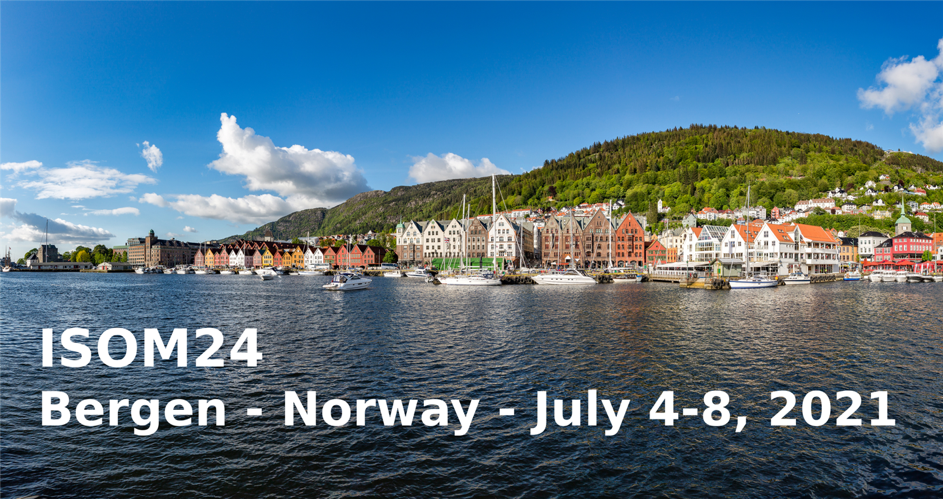
In addition to placing Bergen even more solidly on the “map of olefin metathesis”, the conference will offer a unique opportunity to showcase the Department of Chemistry, Norwegian homogeneous catalysis, Bergen as a conference city, and, of course, Bergen and the West coast of Norway as a superb tourist destination.
Launching DENOPTIM – the only general-purpose de novo design software for molecules
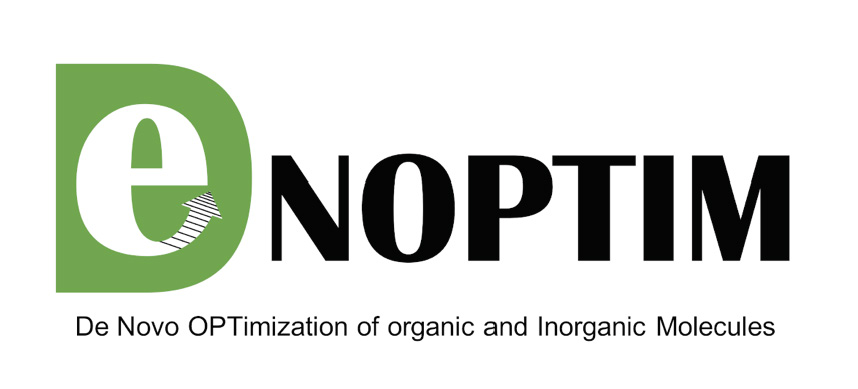 Pursuing a research vision for close-to a decade, Vidar Jensen and co-authors Marco Foscato and Vishwesh Venkatraman were happy to release the DENOPTIM software into the Open Source realm for everybody to use and to extend.
Pursuing a research vision for close-to a decade, Vidar Jensen and co-authors Marco Foscato and Vishwesh Venkatraman were happy to release the DENOPTIM software into the Open Source realm for everybody to use and to extend.
DENOPTIM is the only available general-purpose de novo design software for molecules. It may be used to design all kinds of functional molecules, ranging from pharmaceuticals to organometallic catalysts. It may thus be used, and make an impact, across chemistry. The usage of DENOPTIM is also likely to be promoted by the fact that it is freely available as Open Source from the GitHub project. The authors have documented some of the key methods implemented in DENOPTIM in the scientific literature already. (1, 2, 3).
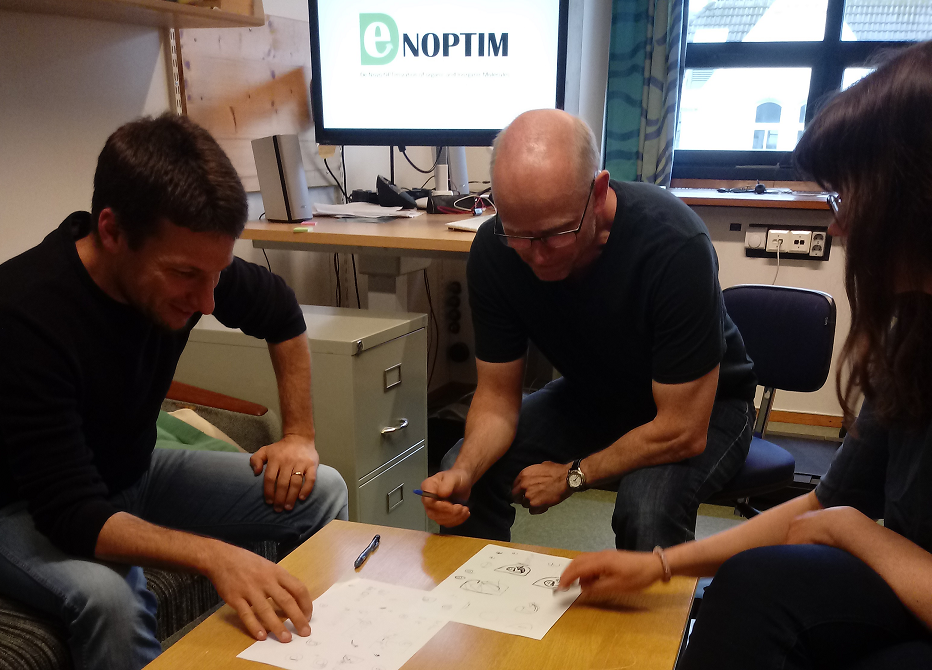
photo: Egil
In addition to providing the world with a useful tool, the launch is also about positioning the research group on the international arena. From this perspective, a fitting and catching logo is of considerable value, and Inger Johanne pitched in with creative twists! All involved parties are congratulated!
UiB Action plan for HSE, 2019-2021
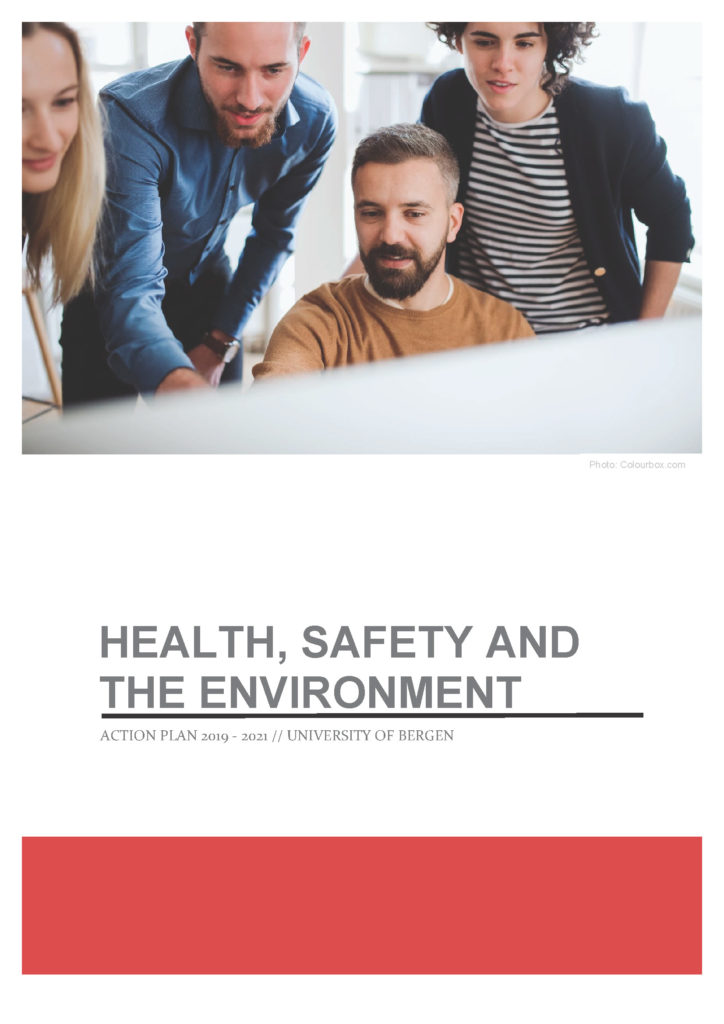 A new Action Plan for Health, Safety and the Environment has just been released, based on UiB’s Strategy 2019-2022 «Knowledge that shapes society.» It is centered around three HSE goals that should characterize UiB: (i) A good working community, (ii) Safe and functional workplaces, and (iii) Good safety culture and emergency preparedness. Maybe this sounds familiar after the HSE-Day on Wednesday? Each HSE goal is a priority area specified through sub-goals for the period 2019 – 2021 and is to be followed up through measures taken at the central UiB level as well as locally through action plans developed at the MN faculty and at our department.
A new Action Plan for Health, Safety and the Environment has just been released, based on UiB’s Strategy 2019-2022 «Knowledge that shapes society.» It is centered around three HSE goals that should characterize UiB: (i) A good working community, (ii) Safe and functional workplaces, and (iii) Good safety culture and emergency preparedness. Maybe this sounds familiar after the HSE-Day on Wednesday? Each HSE goal is a priority area specified through sub-goals for the period 2019 – 2021 and is to be followed up through measures taken at the central UiB level as well as locally through action plans developed at the MN faculty and at our department.
Congratulations to our freshly minted BSc. and MSc. Candidates!

Photo: Thor Brødreskift
Last Thursday the MN faculty celebrated the BSc and MSc candidates that are graduating this spring. Both events offered insightful speeches and beautiful trumpet music (including Triumphal March from Aida!)
The BSc ceremony was a first, and it was great to welcome 12 BSc candidates from chemistry on stage — Good job! Next year all programs will surely have a strong presence.

Photo: Thor Brødreskift
The University Aula was completely crammed during the MSc ceremony. In only few years this event has become a must for both graduates and their guests. It makes a very nice frame around the completion of a Master’s education in Science!
Første utdeling av Den store Formidlingsprisen
MatNat-fakultetets Formidlingspris blei utdelt for første gang i går, i forbindelse med Bachelorseremonien. Prisen skal inspirere alle studenter og ansatte ved fakultetet til å ta formidlingsoppdraget alvorlig. Prisvinneren skal strekke seg langt for å bidra til å opplyse samfunnet, skape debatt, synliggjøre forskning ved fakultetet, stimulere til formidling eller på annen måte være en viktig bidragsyter til kunnskapsspredning og samfunnsdebatt. Første og meget verdige prisvinner ble Inga Strümke, IFT, se presentasjon for bakgrunnen for dette.
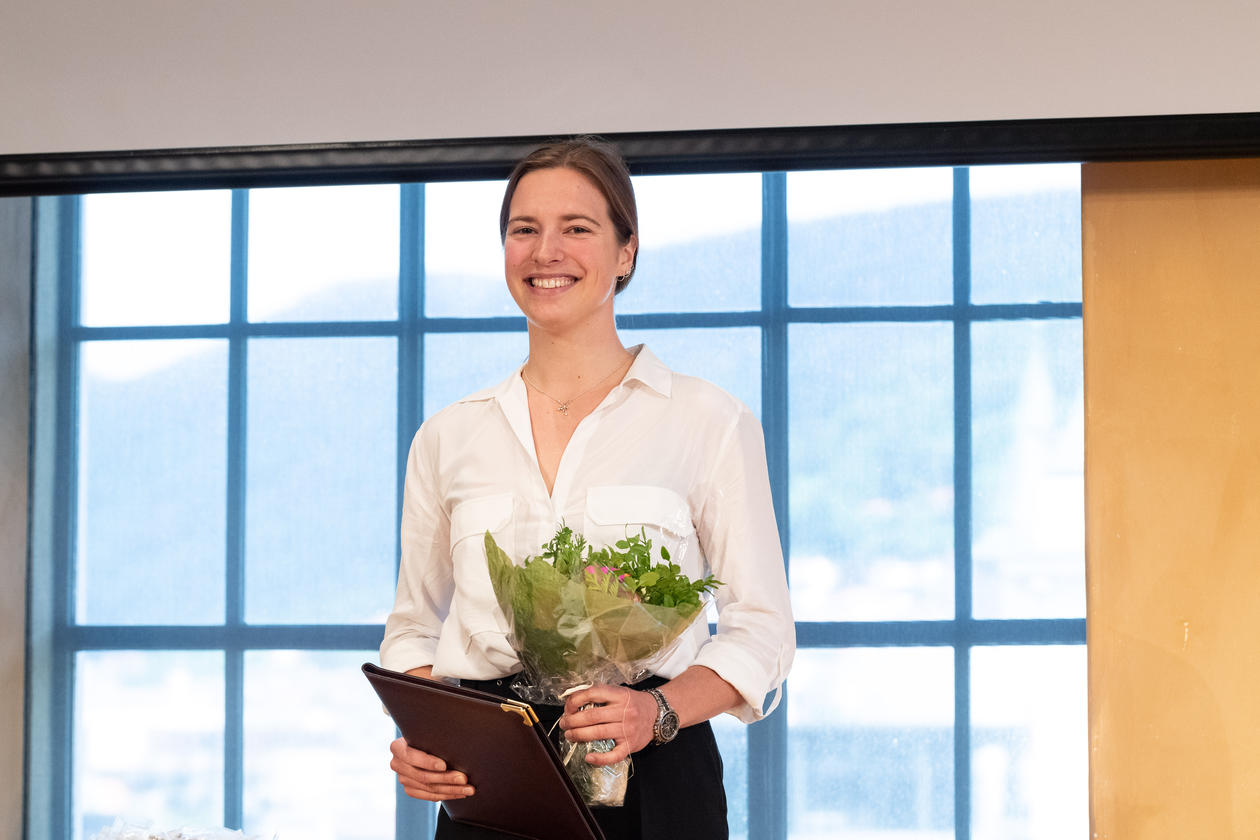
Foto: Thor Brødreskift
Inga’s takketale var også hovedtale ved Bachelorseremonien og til å bli inspirert og berørt av. For dem som ikke fant sin plass i Aulaen denne dagen, har Inga gitt samtykke til å gjengi talen her – Les og gå ut og formidle!
«Den beste typen samfunn vi kan leve i, er et opplyst samfunn. Et samfunn der folk enten har kunnskap eller ønsker å tilegne seg kunnskap, og gjør det på en kritisk måte. Et samfunn der vi ikke bare tror det vi vil tro, ikke bare leter etter informasjon som bekrefter det vi allerede tror, men der vi vil ha sannheten, uansett hvordan den stiller seg til det vi allerede vet og hvor potensielt hard den er å fordøye. Et sånt samfunn er sosialt, politisk og utviklingsmessig bra, fordi sannheten er uavhengig av hvem som mener den, og fordi vi tross alt må vite hva som er riktig før vi kan utvikle oss videre.
Fake news og ukritisk tenkning er blant de største truslene mot det opplyste samfunnet vi lever i, og et velfungerende demokrati. Informasjon har aldri vært så tilgjengelig som nå, men informasjon er ikke nødvendigvis det samme som kunnskap og det leveres ikke med kritisk tankegang. Da er det viktig at de som sitter med kunnskap tar praten. Og med “dem” mener jeg “oss”. Vi må snakke om det vi har peiling på, på en måte som gjør det tilgjengelig. Utfordre andre sine meninger og få dem til å tenke kritisk. Vi har et moralsk ansvar, for ikke å si en samfunnsplikt, her – fordi vi får faktisk penger for å finne ut av ting (studielån teller som penger, selv om jeg vet at det ikke er sykt mye). Jeg mener oppriktig og inderlig at å gjøre innsikt og forskning tilgjengelig er en del av ansvaret til dagens forskere. Så nå skjønner dere kanskje hvorfor jeg ble så glad langt inne i hjertet over denne prisen 🙂
Men formidling kan, i tillegg til å være både gøy og vanskelig, være litt skummelt. For tenk om man sier noe feil. To ting om det: (1) Å gjøre feil er menneskelig. Alle gjør det. Men å innrømme feil er et steg opp – det gjør oss ærlige, sympatiske og tilgjengelige. Dessuten er hele greia med forskning at vi ikke vet alt, og er komfortable med at vi ikke vet alt. (2) Sist jeg var på Abels Tårn, altså på live radio og TV foran hele Norge, sendte jeg Andromeda-galaksen 100 ganger lengre bort enn en egentlig er. Den er 2.5 millioner lysår borte, og jeg sa 250 millioner lysår. Jeg bomma på dritlangt og dødslangt der altså. Jeg fikk korreks i et kommentarfelt etterpå (dette er for dårlig til å være på TV), men fagmiljøet utstøtte meg ikke, karriera mi rakna ikke og mamma er fremdeles glad i meg.
Fordi det viktige er ikke å kunne ting utenat. Det viktige er at det går an å finne ut av ting, og det er det vi driver med. Vi driver med kunnskap, ikke bare informasjon. Og det er kunnskap som er viktig å få ut, sammen med tankegangen som ligger bak kunnskapen. Så kjenn litt på privilegiet med å bare lure på ting og lære ting – på heltid. Gi noe tilbake til samfunnet som gir dere denne muligheten, ved å fortelle om det dere vet, være ærlig på hva dere (og vi!) ikke vet – for det finnes så mye vi ikke vet! -, og ta praten med folk om kritisk tankegang. Det er litt viktig, og hvem skal gjøre det, hvis ikke vi?»
Service on the ventilation system
 Summer has arrived and it is time for maintenance work on the ventilation system in the Science Building. Work will start up in the north end of the building on June 11. There will be imbalance in the in-house air pressure during service, causing some of the elevator doors to fail closing properly. Fume cupboards and hoods that are affected will be marked 2 days before the work starts. Please observe the instructions about when not to use this equipment! The work will normally take from 1-3 days per ventilation fan. Any questions should be directed to the Technical department: Svein Fosse at ph 55589393.
Summer has arrived and it is time for maintenance work on the ventilation system in the Science Building. Work will start up in the north end of the building on June 11. There will be imbalance in the in-house air pressure during service, causing some of the elevator doors to fail closing properly. Fume cupboards and hoods that are affected will be marked 2 days before the work starts. Please observe the instructions about when not to use this equipment! The work will normally take from 1-3 days per ventilation fan. Any questions should be directed to the Technical department: Svein Fosse at ph 55589393.
How to fund eInfrastructure for research in the years to come?
A working group appointed by NTNU, UiB, UiO and UiT has proposed a new model for the future funding of Norwegian e-infrastructure (high-performance computing and data storage facilities as well as advanced user support) for research in order to be able to meet the ever increasing demand for e-infrastructure services. The backdrop is the strongly increasing cost of this infrastructure, which at the same time has become completely indispensable in itself and as a prerequisite for much of the other advanced infrastructure that science relies on. The group has now released a draft report for which they seek input from the community. The report makes several recommendations: Norway should aim to have e-infrastructure services on level with the best of a set of international reference countries; The level of base funding for e-infrastructure services should be increased significantly, by as much as 130-190 MNOK annually; The four universities and the Research Council of Norway should significantly increase their contribution to the base funding of the e-infrastructure services; A wider range of research and higher-education institutions should contribute to the base funding of the e-infrastructure services; A more trans-disciplinary funding must be put in place for e-infrastructure services as they are used by an ever increasing number of research domains. For further information, see the commentary made by the rectors of the four universities (in Norwegian).
Sandwich Course: Experimental Techniques in Drug Discovery
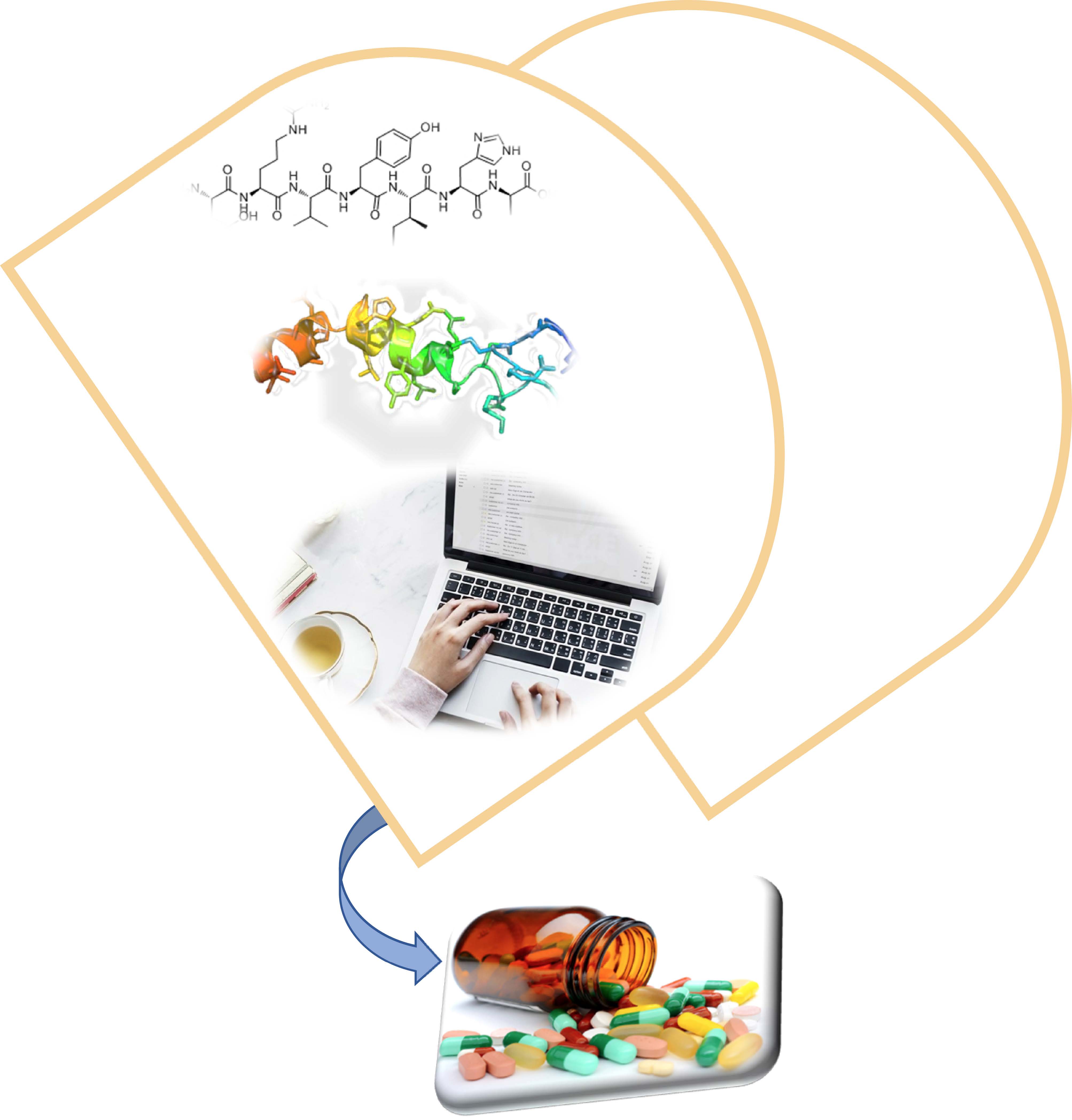 Would you like to expand your experimental vocabulary, cross borders into neighbouring disciplines, or gain some experimental experience to complement your computational skills? We invite PhD candidates and postdocs from the life sciences to take part in a one-week hands-on course featuring a blend of experimental techniques from multiple disciplines in the life sciences, that are particularly relevant for drug discovery projects.
Would you like to expand your experimental vocabulary, cross borders into neighbouring disciplines, or gain some experimental experience to complement your computational skills? We invite PhD candidates and postdocs from the life sciences to take part in a one-week hands-on course featuring a blend of experimental techniques from multiple disciplines in the life sciences, that are particularly relevant for drug discovery projects.
What makes this course special is not necessarily the nature of the experimental tasks themselves, but the context in which you will perform them; accompanied by colleagues from other areas of the life sciences than your own, you will get a chance to solve relevant tasks in teams with other young researchers with a variety of backgrounds, within a course context where we focus on how we can best communicate between disciplines and how we can develop transdisciplinary skills – skills that we believe are essential for the success of the biochemists, molecular biologists, computational biologists and organic- and medicinal chemists of tomorrow.
We will teach you how to make peptides, how to biophysically evaluate their interaction with proteins or enzymes, as well as how to analyze and visualize these interactions with molecular modelling tools.
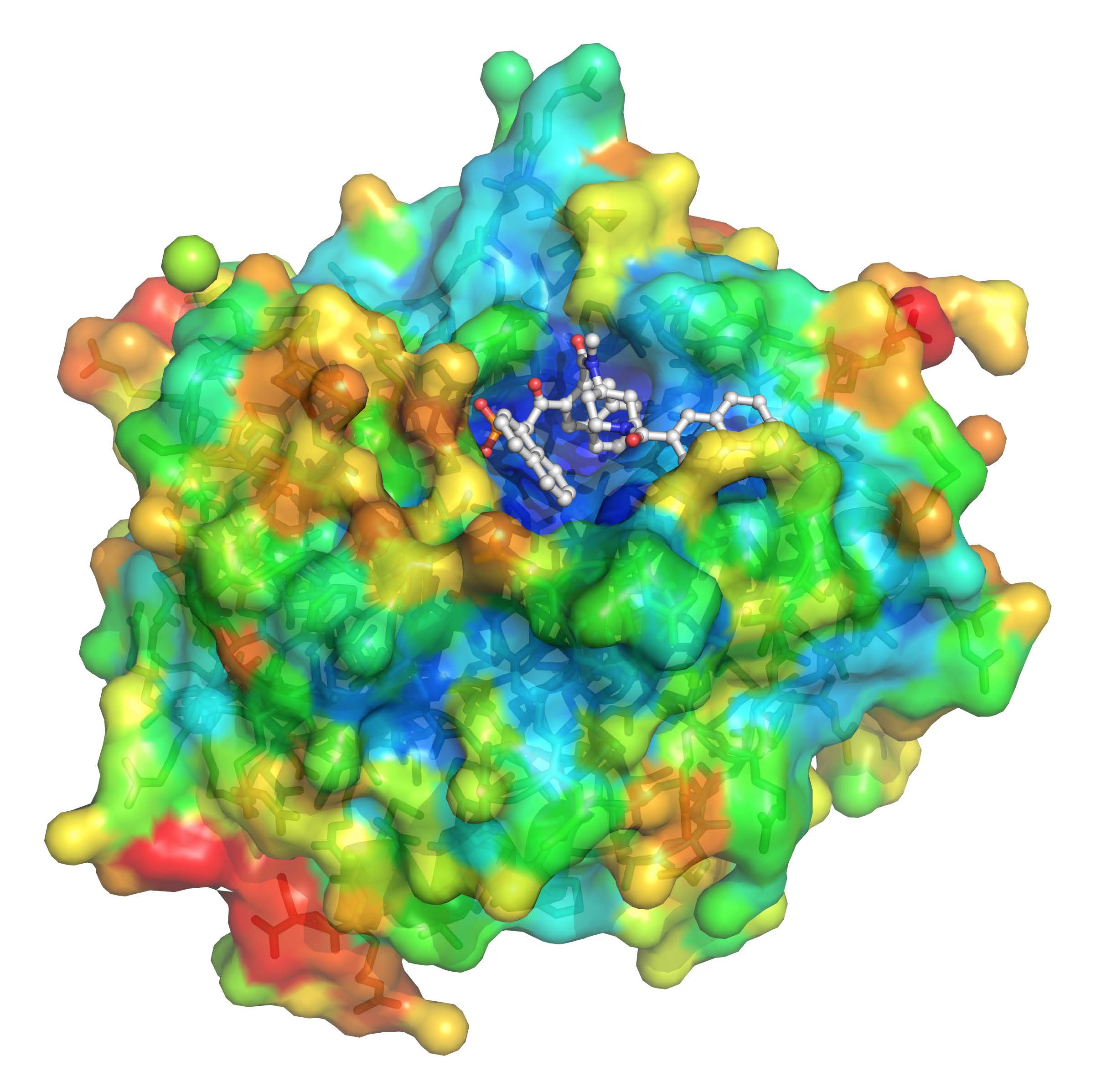
Homepage/Registration (Travel and accomodation expenses are reimbursed for DLN members). Deadline June 10.
This 2-ECTS course is taught in English, runs over 5 days (17th-21st of June, 2019) at the University of Bergen, and is limited to 15 participants.
Organizers/teachers: Christoph Bauer – christoph.bauer@uib.no, Fahimeh Khorsand – fahimeh.khorsand@uib.no, Zeeshan Muhammad – muhammad.zeeshan@uib.no, and Åsmund Kaupang – asmund.kaupang@uib.no.